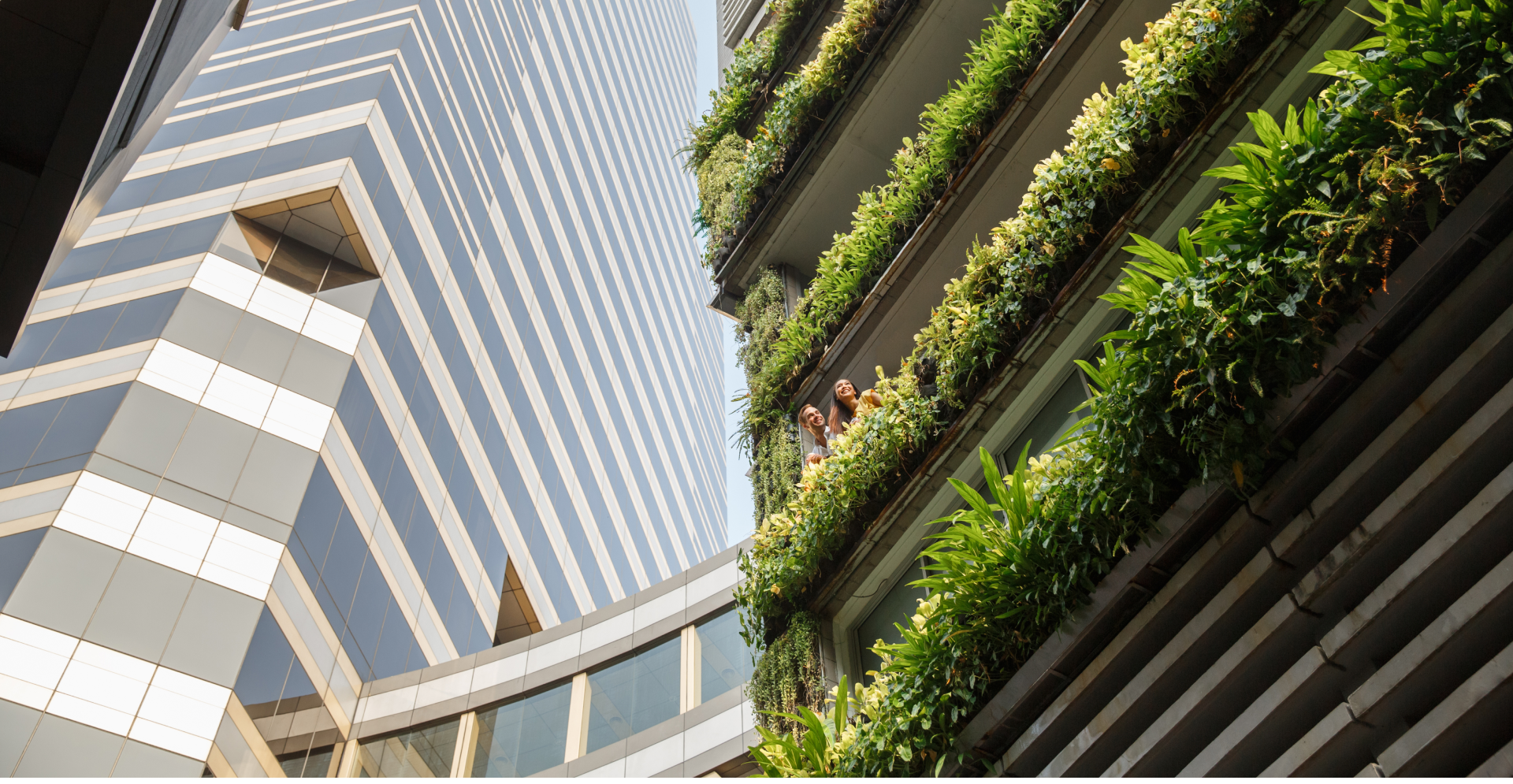Table of Contents
The challenge
Climate change is putting a strain on Berlin’s citizens. With extreme droughts and short-term flooding threatening urban life, Germany’s capital is in dire need of professional water management.
8,910 m²
intended annual reduction of sealed urban surfaces
Climate change is already taking its toll. Droughts and sudden flooding pose severe threat to health, safety and quality of life of residents in Germany’s capital, Berlin. Stormwater can overload sewer systems during heavy rain while urban vegetation can’t cope with unusually long dry seasons. Sustainable water management is a huge challenge for public authorities, and this problem is magnified by urbanization, densification and continuous decline of open green areas. Local authorities and stakeholders wanted to establish a long-term, strategically embedded water management to solve the problem. But setting up Berlin to become a “sponge city” demands interdisciplinary expertise in infrastructure, urban design, architecture and project management.
The solution
Arcadis helped create extensive guidelines for a long-term, strategically embedded water management system that can provide stakeholders with the tools for water-sensitive urban development and neighborhood planning.
There is a wide range of technical tools and solutions available to create a sustainable urban rainwater management system. These tools and solutions include green roofs, facades and walls, unsealed and semi-permeable pavements, infiltration systems, artificial water basins, and cisterns for rainwater storage and reuse. In close cooperation with experts in engineering, landscape architecture and urban planning, Arcadis was able to support Berlin Stormwater Agency in developing an orientation guide for the integration of these tools in regulations, urban planning and permitting procedures. This solution will then provide stakeholders involved in shaping urban spaces and buildings with valuable planning and construction assistance to achieve water-sensitive designs for their projects.

The impact
With the new urban design guidance, the future "Sponge City Berlin" will offer its residents and visitors a resilient environment that can effectively manage the effects of climate change.
The guidance was a result of close collaboration between a wide variety of stakeholders in the urban environment. It will lay the groundwork for an ambitious landmark project — the future “Sponge City Berlin.” In the long run, residents, visitors, employees and business owners in the city will benefit substantially from Berlin’s new official guidelines for water-sensitive urban design. Negative consequences of climate change such as heavy rain and droughts will be handled much better. Air quality and urban climate will be improved. And people in Germany’s capital will enjoy a safer, more resilient, more sustainable and more comfortable place where they can live and work.
Not done reading?
This also might be interesting for you
- Related Projects
- Related Insights
- Related Blogs










